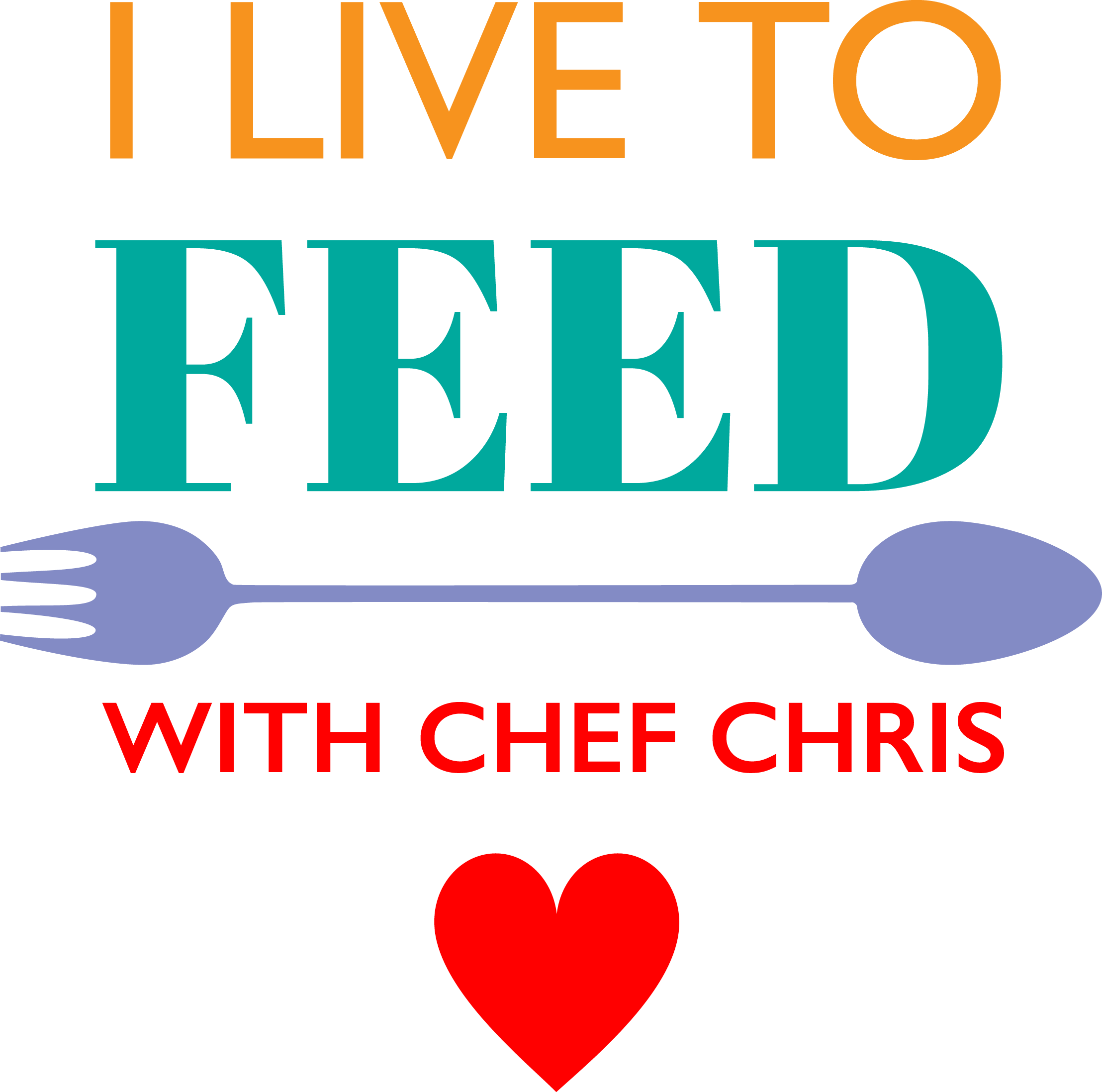Back to School
School started already around here, but Labor Day still has that bitter-sweet, back-to-school feel to me. You either couldn’t wait to get back to school, or you dreaded it. I was the latter, but much of that had to do with getting the mumps in third grade and missing two weeks of school, that included the introduction to fractions. When I came back, everyone was practically fluent in what seemed to be an entirely different language. I never recovered… from “math-itus” and general apprehension in the classroom.
I spent the entirety of my remaining years of formal education fearing math, and therefore scoring poorly and feeling kinda dumb. Later, when I went to cooking school, I didn’t notice that I was so happy and relaxed that I could effortlessly do the fractions needed to cook. Cups, quarts, gallons, teaspoons, and tablespoons were all my friends, not a scary math problem. It took me years to realize that I had become fraction savvy. Whoa! jump to recipe
It turns out that the kitchen is a great place to learn all kinds of things beside cooking. For example, the reason pork is so prevalent in Spain is because after they drove out the Moors, one needed to prove you weren’t one by eating it. Lackluster student that I was, I needed that factoid to help me pull the whole Moor/Spain thing together. It was real life, not a page in a history book. It was about people, how they lived, and what made them tick – so much more interesting, if distasteful.
So for me, cooking, feeding, and eating can bring all manner of learning. Our great big world has gotten so small, that our local grocery stores and markets are full of edibles from far away lands, and they all have an anthropological story. Cooking seems an easy way to follow the advice for aging well: Lifelong Learning.
After spending time in Japan I became fascinated with buckwheat, having discovered soba noodles while there, although there is so much more to buckwheat. Other than crepes and pancakes, that’s all I knew until recently.
Blame it on a middle Dutch translation when it migrated to Europe, but it’s not in the wheat family at all, and contains no gluten. It’s a nutritional powerhouse, so I wanted to know more about it, but its many names made it confusing. Buckwheat, kasha, and groats are common names for it, and you can find it raw or toasted, which is generally referred to as kasha.
Knowing how good and versatile it was, this week I went “back to school” in my kitchen to learn about buckwheat. I got a small amount of both kinds (raw and toasted) and made a casserole with Swiss chard, mushrooms, black beans, and sweet potatoes with the raw version, that was officially yummy. I had leftovers, which I made into a risotto-like soup that will definitely be made again soon. I used the kasha (toasted buckwheat) in a morning porridge, and that too will happen again soon, especially since it cooked so quickly. I married it with some homemade almond milk and chia seeds, then dolled it up with coconut and cranberries. Uh-huh! 
I cooked up a cup of each type, which yielded 6 cups, so I will continue to play with it having done accidental meal prep. I definitely learned that if you turn your back on your groats for too long you end up with indistinct grains, but I’m still going to give myself and “A” on this lesson, and keep on learning. 
Buckwheat, Kasha and Groats – oh my!
I love it when I discover something wonderful that’s been right under my nose for ages. I knew of it, but not about it. There the Buckwheat was, quietly sitting in the bulk bins, all packed with a serious nutritional punch. I was missing out! It turns out that it’s also quick and easy to cook – my favorite combo.
It must be said that there ain’t no wheat in buckwheat, so it is officially gluten-free and even endorsed by the Celiac Disease Foundation. It is not related to wheat or a even a grass, but is rather in the same family with sorrel and rhubarb.
Because of its impressive nutritional profile, it’s linked with a ton of health benefits, such as bone health, blood pressure and heart health, and is said to be good for those with certain liver diseases.
The great groat is rich in B vitamins, especially niacin, folate and B6, as well as tryptophan, which improves mood and aides in a good night’s sleep. Surprisingly, it’s a source of high-quality protein, but also all important magnesium, along with phosphorus, iron, copper, and zinc, and plentiful flavonoids. Buckwheat is considered “diabetic friendly” and good for digestion, perhaps owing to our friend fiber.
Find it in the misnomer “bulk” section at a co-op or natural market. Choose “kasha” or toasted buckwheat for porridge, and groats or raw for a rice substitute in soups and casseroles. groats or raw for a rice substitute in soups and casseroles.
You could skip roasting and cook the sweet potatoes in the broth before adding the buckwheat and beans for a one-pot meal. I had meal-prepped my buckwheat and sweet potatoes already, so I was able to make this in 5 minutes flat - whoo-hoo! Ingredients Instructions![]()




